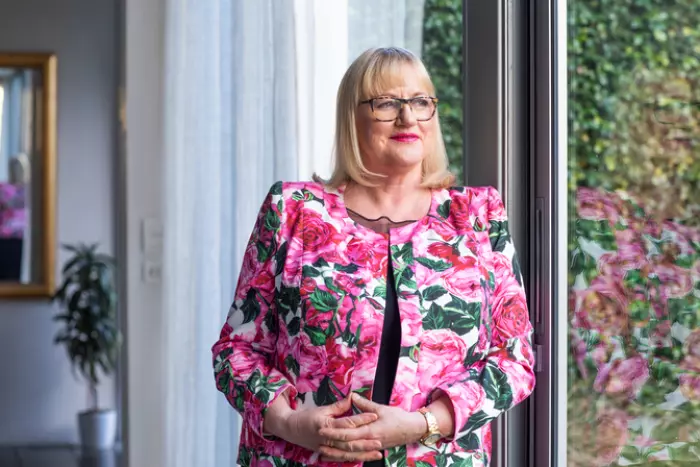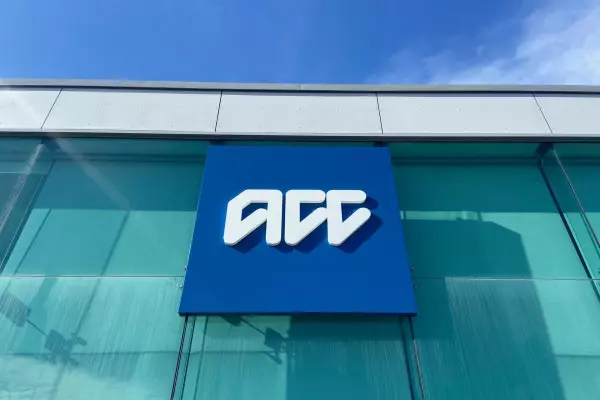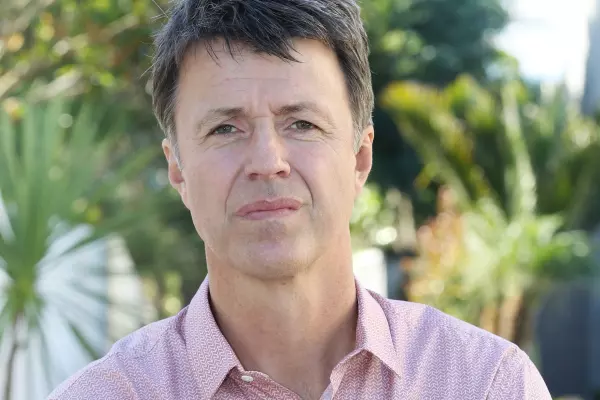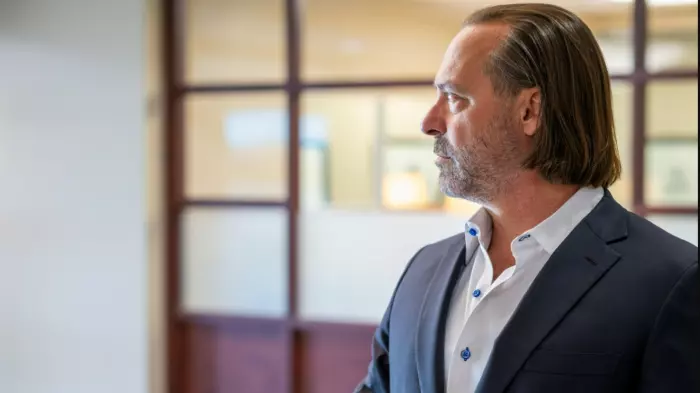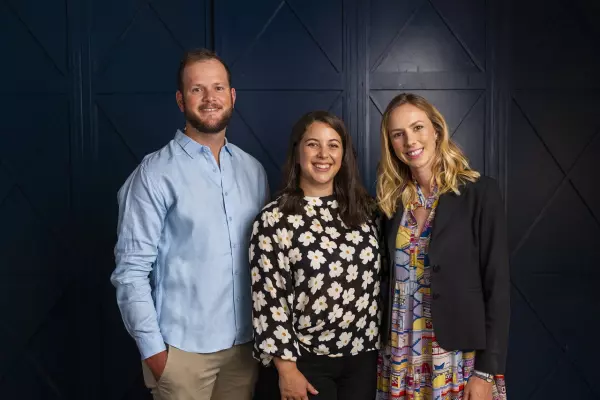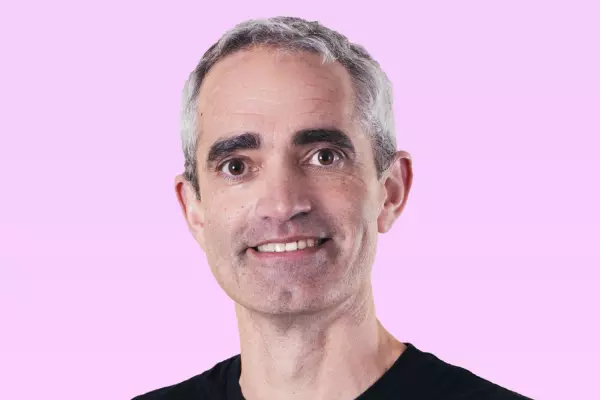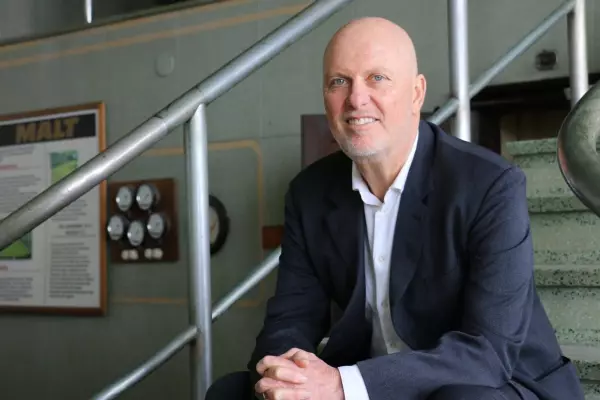She calls it living a portfolio life.
Former Telecom chief executive Theresa Gattung is more recently known as a co-founder of at-home meal-kit maker My Food Bag. She is the chair of insurer AIA Sovereign in Australia and New Zealand, she founded a kiwi offshoot of female entrepreneur promoter SheEO, and also leads the board of a tech company and skincare business.
She has had a high-profile career. As the first female boss of Telecom (now Spark) she provoked vitriol from some sectors of the public. She was also young, outspoken, charismatic.
Gattung drove organisational and cultural shifts at the formerly staid monopoly telecommunications giant, which now read like early adoption of the in vogue AGILE working style, while attempting to retain a grip on its old-school advantage as the one telco that ruled NZ.
Gattung infamously clashed with former Prime Minister Helen Clark over opening up access to Telecom’s infrastructure; now they are more likely to be speakers at the same conferences.
Gattung has taken her experience of leadership, and used her influence to smooth the path for female entrepreneurs and women in business.
But there’s smart business to be found in championing female-led companies too.
Meal-kit momentum
My Food Bag, for example, has done well out of the lifestyle changes forced on the public as a result of the spread of covid-19 and the resulting lockdowns.
With supermarkets seen both as a hassle and potentially a risk, food delivery services like My Food Bag, fronted by NZ Masterchef winner Nadia Lim with entrepreneur Cecilia Robinson rounding out its public-facing troika, saw spikes in demand, Gattung says.
“It was very good for the business,” she says. “But I do mean that at a human level as much as a business level.”
What does she mean by that? She gives the example of her “80-something” parents, who live in the Bay of Plenty.
The virus was very frightening for them. They didn’t want to leave the house. They didn’t want to go to the supermarket, Gattung says.
Because of their age they could get priority orders from the supermarket. With My Food Bag alongside that service, they got a secure, safe food supply.
And a lot of people felt like that, she says.
“Sales have been gangbusters. They went through the roof and they have held up. Once new customers came on board they have stuck with it.”
As a privately held company, sales figures aren’t made public, Gattung says, but it promotes that it has “turnover of about $130 million.” Whether it will stay private is an open question; Gattung points out the company is on the record as wanting to list at some point.
Healthy new startup
With Cecilia and husband James Robinson, Gattung is now involved in another startup she hopes is well-timed to meet another fundamental demand spiking with the virus: health services.
Called Tend Health, it doesn’t have a confirmed launch date. When it does launch it will be a primary health provider, but not with a traditional health model, she says. It will have clinics, but also consultations by video-conference. On its app, nurses will triage patients for the next available appointment or you can book with a particular doctor. It's being built by Josh Robb, formerly of kiwi online tithing payment platform Pushpay, she says.
Gattung says she long expected health would be a sector to be disrupted by technology and the internet, but it's been slow coming in NZ.
It will employ doctors and can sit alongside general practitioner services for after-hours care or can be a primary doctor service, taking away the hassle for booking in advance and sitting around waiting for an appointment.
Again, as with My Food Bag, covid is encouraging rapid change in habits. During NZ’s first lockdown, some doctors' surgeries went to phone or video-calls for consultations. There are obvious upsides, as with staying out of the supermarket, to not going into a GP clinic and potentially picking up other bugs.
“That’s just very exciting,” Gattung says. “You don’t want to take sick kids around other sick people necessarily. You want to check: 'Is this normal? Should we be worried about this?'”
The service will even handle prescriptions.
Going full tech
Gattung's other big role is with insurer AIA. No one at the moment is cancelling policies, she says, but it’s too soon to tell as more job losses may lead customers to make decisions about continuing insurance payments.
It is the job losses to come that worry her, and who they are falling on. The latest NZ job data that showed women were losing jobs more than men was concerning.
Difficult times are where we find out whether equality and diversity at workplaces have just been lip service or are actually important to us, she says.
“Do those things fall by the wayside when the going gets tough? Are they nice-to-haves when business is booming or are they fundamentals?”
Gattung is doing her bit with SheEO, which raises money from successful women who then lend those funds to female founders. It has just drawn up a list of semi-finalists who are in the running to access the cash. Previous SheEO recipients include small business accounting firm Beany, beverage company Chia Sisters, and reusable menstrual cup business Hello Cup.
For its 2020 cycle, it has 200 “activators” so far - that is, people willing to put up money. Collectively they will offer $70,000 in interest-free loans to the successful female-led companies.
Personally, the advent of a pandemic has delivered changes to Gattung’s life too. She’s not travelling internationally and she’s not a “winter bunny” so hasn’t been staycationing anywhere in NZ.
There have been upsides to the changes wrought by covid. Her birthday Zoom was amazing and she's been connecting more with SheEO's global network more regularly on, yes, a Zoom call.
Going full tech has brought down barriers, she says.
Gattung hopes her companies capitalise on that.


